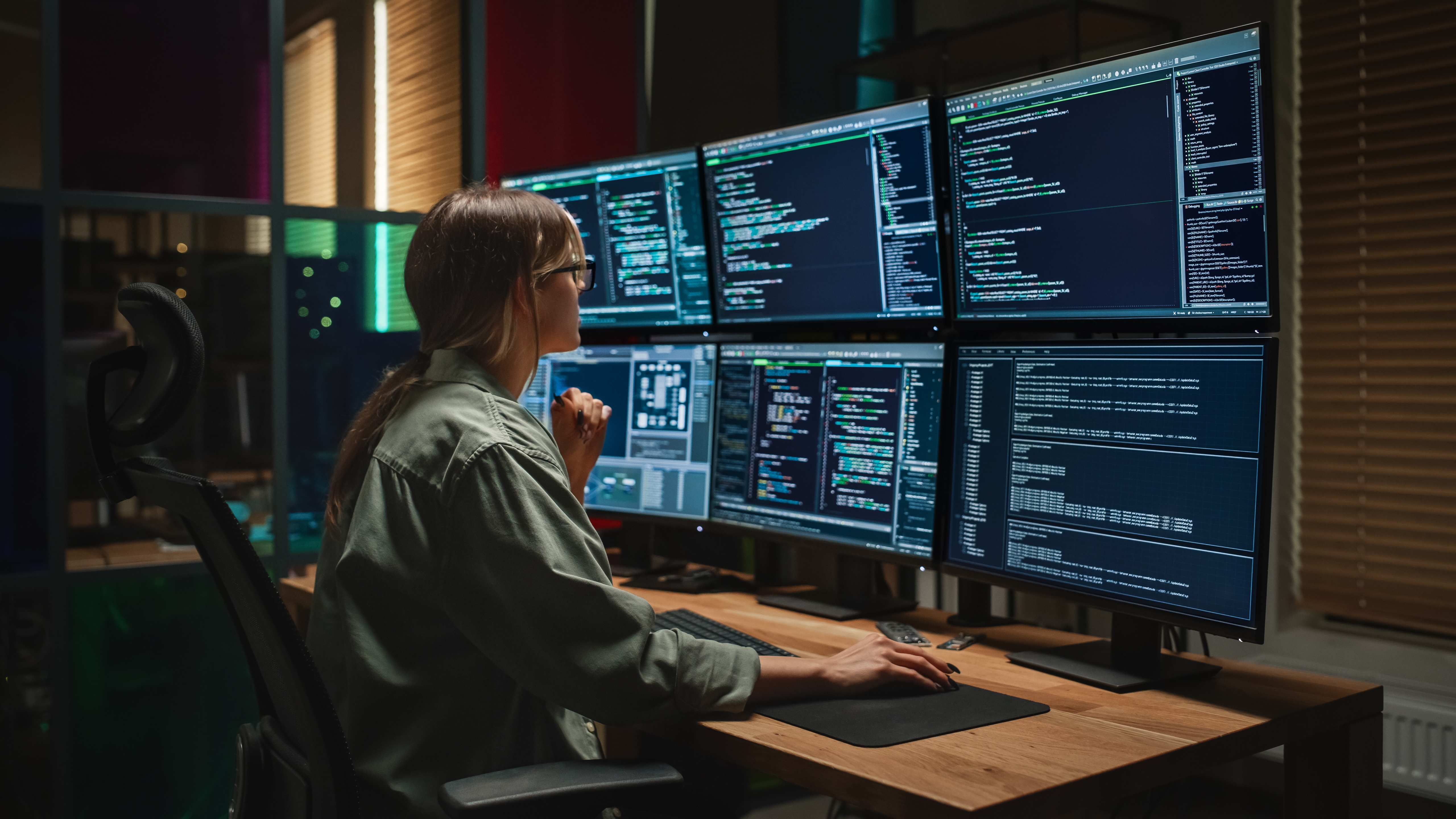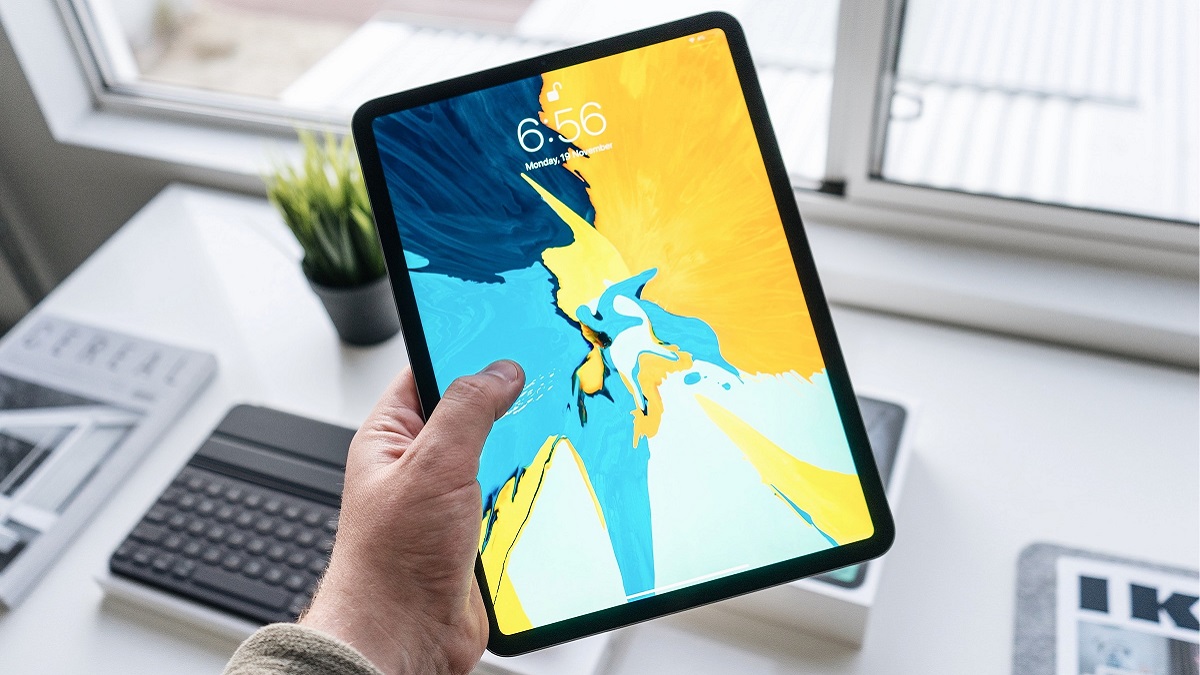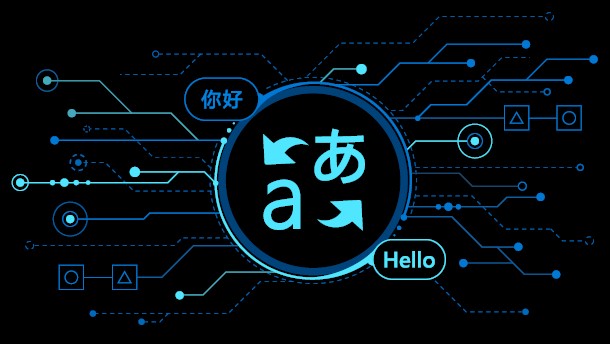Software & Services
Latest about Software & Services

Best Linux distro of 2025
By Mayank Sharma last updated
Updated We list the best Linux distros, to make it simple and easy to choose which Linux OS best suits your needs, whether as a new or experienced user.

Shopify is down – here's what we know about its Cyber Monday outage
By Mark Wilson last updated
The web merchant Shopify has gone down for many stores – here's what we know about its Cyber Monday outage

Best Linux remote desktop client of 2025
By Mayank Sharma last updated
Updated We list the best Linux remote desktop clients, to make it simple and easy to work on your Linux session while working from home.

Best Linux distro for developers of 2025
By Mayank Sharma last updated
Updated We list the best Linux distros for developers, to make it simple and easy to program your coding projects on stable Linux distros.

Best text editor for coding of 2025
By Desire Athow last updated
Updated We list the best text editors, to make it simple and easy for programmers to speed up their coding projects on secure software.

Best productivity app for iPad of 2025
By Will Dalton last updated
Updated We list the best productivity apps for iPad, to make it simple and easy to to improve your business efficiency with iOS devices.

Best call recorder app of 2025
By Michael Graw last updated
We list the best call recorder apps, to make it simple and easy to record and track your call history on a single device.

Best affiliate program of 2025
By Jonas P. DeMuro last updated
Updated We list the best affiliate program, to make it simple and easy to earn more from your content.
Sign up to the TechRadar Pro newsletter to get all the top news, opinion, features and guidance your business needs to succeed!

